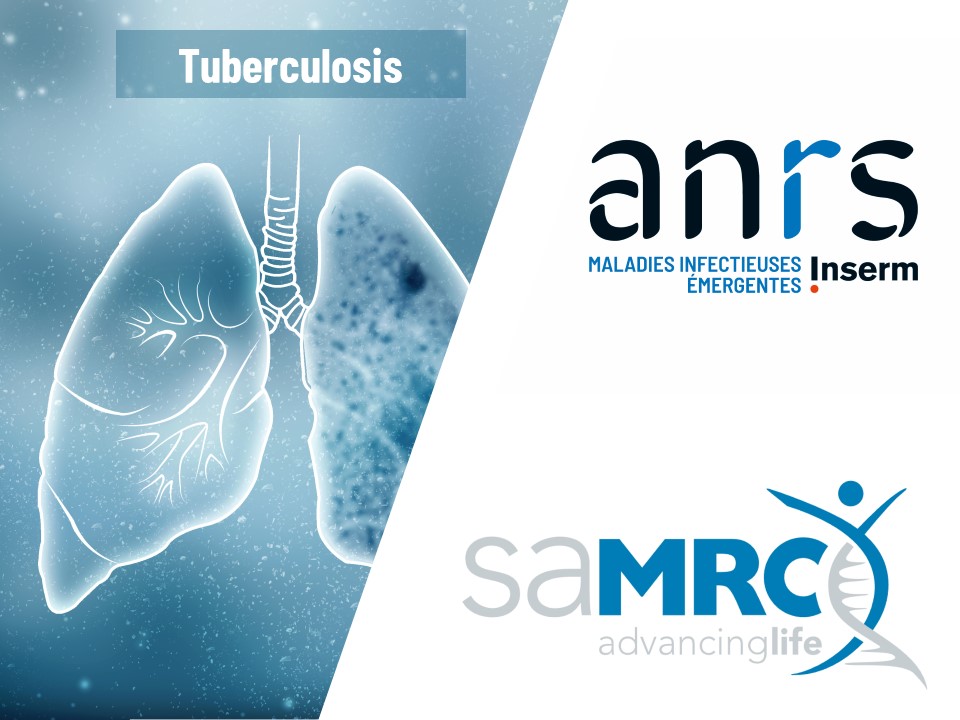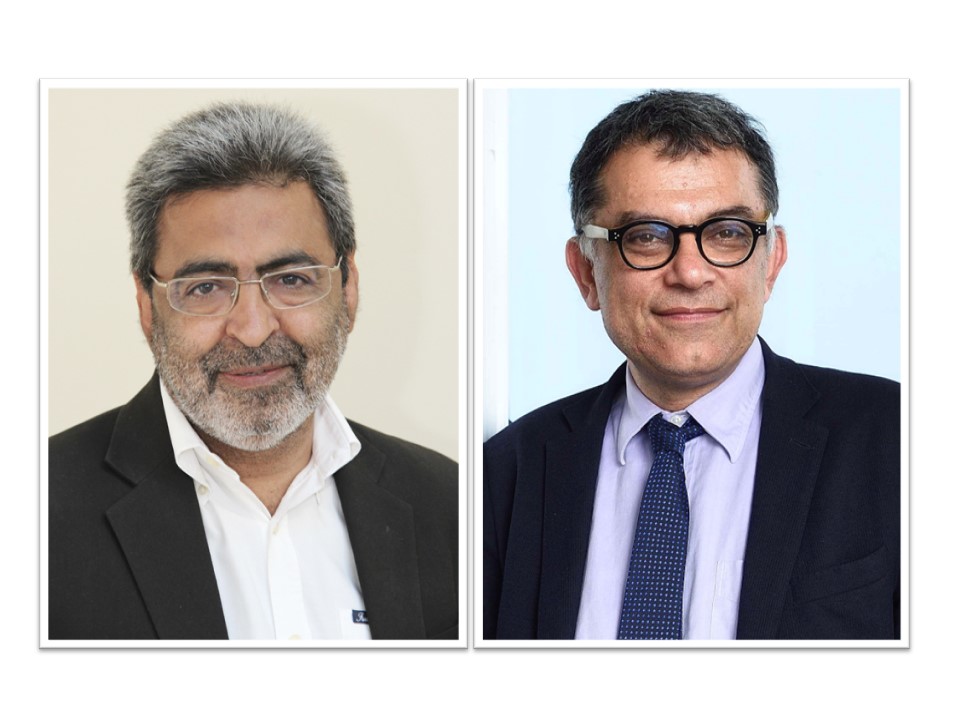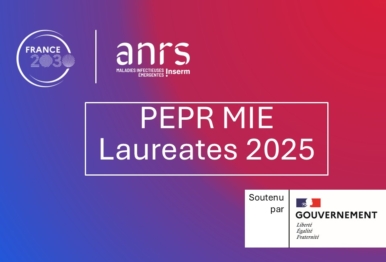
Launch of the first joint request for applications between ANRS MIE and SAMRC
Last updated on 24 March 2025
Main points
ANRS MIE and the South African Medical Research Council (SAMRC), long-standing partners in the development of research projects and scientific leadership in the thematic fields of common interest, have decided to join forces and align their priorities by launching a joint request for applications (RFA) on tuberculosis.
Why a joint request for applications on tuberculosis?
The aim of this initiative is to accelerate progress in the global fight against tuberculosis by initiating and supporting international collaborations between South Africa and France. The main objectives of this RFA are to:
- Encourage scientific cooperation between researchers in both countries.
- Fund research projects likely to produce significant advances in the understanding, prevention and treatment of tuberculosis.
- Promote the sharing of knowledge and resources between participating institutions.
- Facilitate the mobility of researchers and the sharing of equipment and resources.
Interview with Dr. Fareed Abdullah (SAMRC) and Prof. Yazdan Yazdanpanah (ANRS MIE)

What is the history of collaboration between ANRS MIE and SAMRC?
FA et YY :
ANRS MIE and SAMRC have always been involved together in supporting the scientific agenda on infectious diseases, as well as specific projects, such as the SAMBULELLO/UMBRELLA project, which is focused on measures to prevent mother-to-child transmission of HIV. Fareed Abdullah, Director of TB and AIDS at SAMRC and member of the TB Strategic and Technical Advisory Group at WHO, has been a member of the ANRS Scientific Advisory Board since 2018, and a key player in linking research teams from our two countries. Our two institutions are also at the heart of the GloPID-R partnership, which brings together international funders of infectious disease research.
We know each other well, as do the research teams we fund and coordinate, and we recognize each other’s expertise in our respective fields. But we have never before jointly led an initiative as ambitious and decisive as this joint call for projects for Franco-South African collaborative research on tuberculosis.
This desire to take our collaboration a step further came about during a seminar on tuberculosis organized in 2019 by the French Embassy in Pretoria and SAMRC, to which a dozen French researchers were invited, and we were both present. It became clear that the tuberculosis research priorities of ANRS MIE and SAMRC were shared, and that it would be in our interest to try to align resources and teams to advance research.

